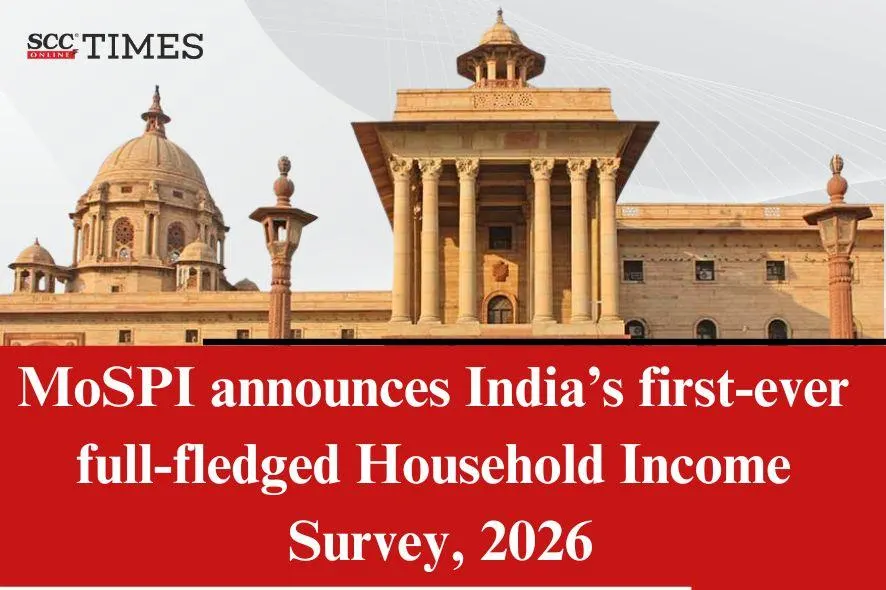On 23-6-2025, the Ministry of Statistics and Programme Implementation (MoSPI) announced Household Income Survey, 2026 to establish a comprehensive and credible database on India’s household income distribution, marking the country’s first full-fledged effort to assess Indian income in its statistical history.
While the first survey was launched by National Sample Survey (NSS) in 1950, and multiple pilot surveys have been conducted thereafter, but none have ever been able to successfully execute a fully operational all-India income survey. MoSPI’s renewed focus on the Indian Income Survey reflects India’s shifting economic landscape and the urgent need to better understand income distribution and inequality and the Household Income Survey 2026, is set to mark a historic shift toward evidence-based income analysis.
Technical Expert Group (‘TEG’)
A Technical Expert Group (‘TEG’), chaired by Dr. Surjit S. Bhalla, former Executive Director of India at the IMF, will oversee the survey’s design, methodology, and implementation.
The TEG will comprise of the following leading economists and statisticians from premier institutions and has the flexibility to include additional experts or special invitees as needed:
- Shri Aloke Kar, Former Professor, Indian Statistical Institute, Kolkata,
- Prof. Sonalde Desai, National Council of Applied Economic Research, New Delhi,
- Prof. Praveen Jha, Centre for Economic Studies and Planning, JNU,
- Prof. Srijit Mishra, School of Economics, University of Hyderabad,
- Dr. Tirthankar Patnaik, Chief Economist, National Stock Exchange of India,
- Dr. Rajesh Shukla, Managing Director & CEO, People Research on India’s Consumer Economy,
-
Prof. Ram Singh, Director, Delhi School of Economics.
Key Expectations from the Household Income Survey, 2026:
- The survey aims to capture accurate and detailed information on household income levels, distribution patterns, and structural disparities, offering insights crucial to economic policymaking and welfare planning.
- The Indian income survey will address past challenges, particularly the historic mismatch between reported income and consumption, by adopting best practices from countries like the USA, Canada, and Australia.
- The survey will take efforts to investigate the influence of technology on household wages and earnings, a first in Indian data collection.
-
A special focus will be placed on assessing how technology adoption influences Indian income generation, particularly in the context of wages and informal sector earnings.


